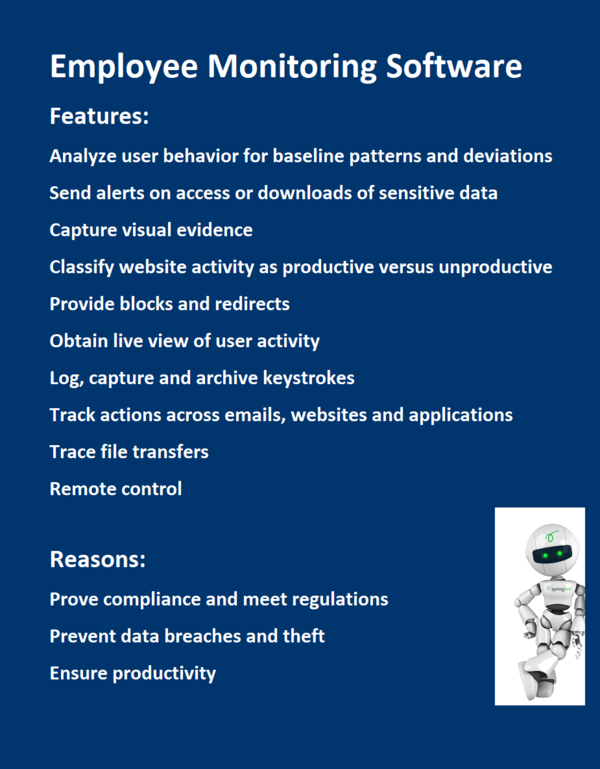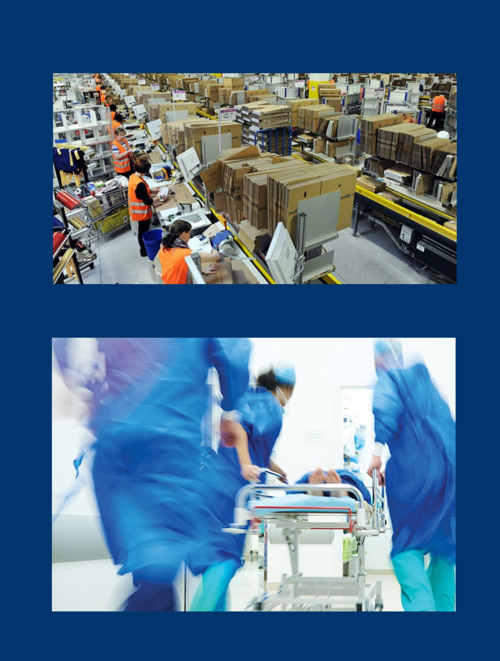Life Under the Algorithm: New Republic
Productivity fuels economic growth and wealth, and management increasingly relies on technologies to motivate workers to achieve greater speed. Yet wages do not grow at the same pace, and top company officers and investors collect most of the gains. “The decline of unions, the rise of inequality, the crisis of liberal democracy, and the changing face of American culture all, in one form or another, relate to this transformation,” explains Gabriel Winant for the New Republic. “We work and work and barely get by, while wealth pools up in obscene quantities out of view.” Authors explore the challenges for the modern work force. Emily Guendelsberger went undercover at an Amazon warehouse, a call center and a MacDonald’s fast-food restaurant and she documents how so much work, as many as half of all US jobs, is increasingly monotonous and digitally monitored and assessed. Managers and customers treat people as robots. Labor historian Steve Fraser traces the history of capitalism and the populist responses. While unions may no longer be common, one redeeming factor is that workers can commiserate and support one another: “No matter how hard management tries to keep them from getting to know and trust each other, they always will, at least a little.” – YaleGlobal
Life Under the Algorithm: New Republic
Turning workers into robots: Digital technologies enable managers to monitor workers’ speed and performance, and the relentless speedup is reshaping the working class
Saturday, December 21, 2019
Read the article from The New Republic about digital employee monitoring and capitalism.
Gabriel Winant is a historian, currently completing a book on care work and deindustrialization.

Supervision: As many as 80 percent of major companies monitor employees’ email, internet and phone use (Source: IT Security Central – Teramind Blog; robot image, Rojal)

The New Republic
Copyright 2019 © The New Republic. All rights reserved.